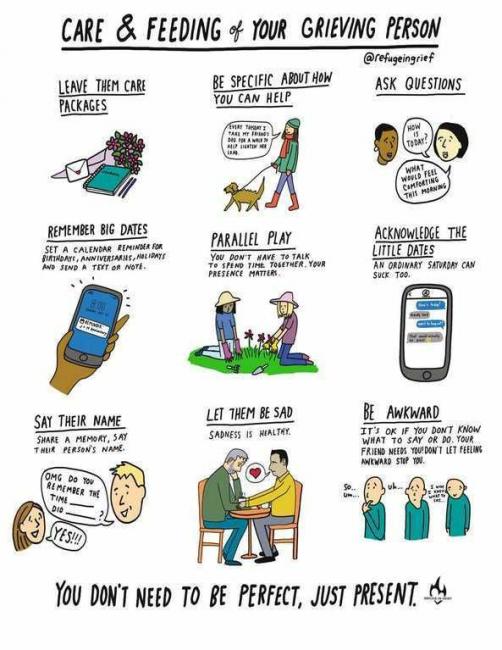Invisible First Aid – How to help your family, yourself and others traumatized by crime or violence experienced during a disaster
When we talk about prepping and first aid, we talk about the various items we will put into our first aid kits.
We talk about the length of the crisis and recovery period and what might be needed for first aid supplies.
We also talk about op-sec and the potential for violence and crime during a disaster.
I would like to merge the two concepts and discuss how to best assist persons who are traumatized during a disaster due to crime, assault and other disaster related trauma.
A disaster will bring out the best and the worst in other people. It will also bring out predators, sometimes from where you least expect them.
I cannot stress the last point enough. During a crisis of any kind, an opportunistic predator will strike. Many predators are known in some way to their victims or their victim’s families.
My policy after surviving multiple attacks is simple. Regardless of the relationship, I never fully trust anyone. If one maintains a certain reserve of trust, then you can remain objective and spot a predator faster.
The following event is a good example of a predator known to the victim with no prior indication of this behavior. It is also an example of how a badly traumatized person can interact with you, and you won’t know the difference.
I was assaulted by my best friend’s husband after my apartment was broken into after 1:00 a.m. She told me to come and sleep on their sofa that night because I was badly traumatized and needed to have my apartment windows better secured the next day.
Despite being able to stop him, I was further traumatized. My condition was not detected by my best friend nor my co-workers when I went to work that day. I was on auto-pilot and no one detected it.
In a larger scale disaster, there are many possibilities for crime and victimization, all of which carry different motives and the potential for different levels of violence.
Not all people who survive crime, assault or other violence in a disaster are going to be openly in distress.
With all the related stressors that must be addressed during a disaster, it can be easy to misread or misunderstand a victim’s behavior.
We are not doctors or nurses, yet we prepare first aid kits and seek to understand how to help or treat someone in a disaster.
We are not psychologists or therapists, yet we can also seek to understand how to help someone who needs invisible first aid. We can learn and practice this now, before a disaster.
When someone survives violence, they feel vulnerable to everything. There is no peace. There is no sense of safety anywhere, even in sleep.
It is like something sacred has been violated and a basic trust of the world is forever gone. It is an innocence that can never be regained.
Survivors of violence and crime in a disaster must continue during the disaster, after the trauma, which further complicates their healing.
Their trauma, if undetected, can also compromise the op-sec of the family unit. Reactions, can happen and may happen at an inopportune time.
I went searching for information that wasn’t there for much of what I survived. I am very glad it is there now.
The U.S. Department of Justice, Office for Victims of Crime has written and assembled a very well done list of resources.
From their website, I have selected three links specific to trauma response for victims, for first responders and vicarious trauma.
Please read through the information for how to support trauma victims. The content is so well organized for a variety of victim specific assistance. I plan to write to them for a hard copy of their manual to put into my first aid kit.
Here are the links:
Trauma response for first responder victims
-
Comments (18)
-
